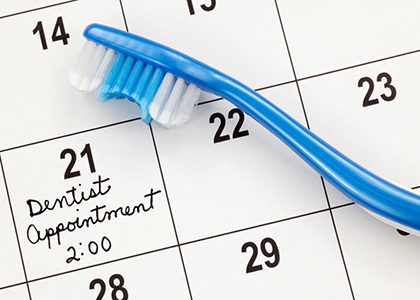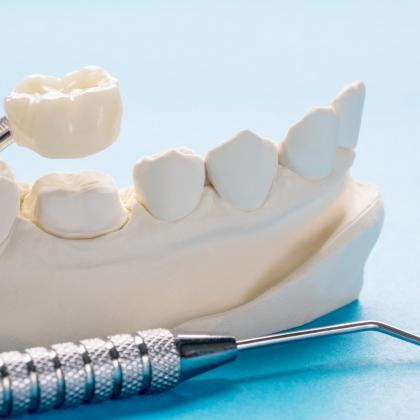
The Role of Dental Crowns in Preserving Teeth
Understanding when to opt for a dental crown placement and what to know about the various types and materials of crowns. How are these dental prostheses made, and what can we do to ensure their longevity?
read more
Dental Hygienists in the Dental Office
Dental hygienists play a crucial role in the dental team by aiding in the prevention of dental issues. What tasks do these professionals perform, and how do they help patients maintain the health of their teeth?
read more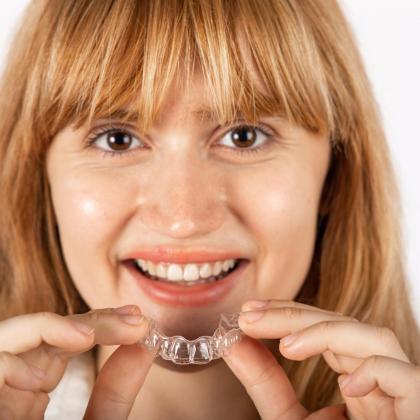
Bruxism (Teeth Grinding): Causes, Symptoms, and Treatment
Teeth grinding, also known as bruxism, occurs when individuals clench or grind their teeth without performing any chewing action. Commonly experienced during sleep, it can also happen while awake. What causes this condition, and what can be done to eliminate it?
read more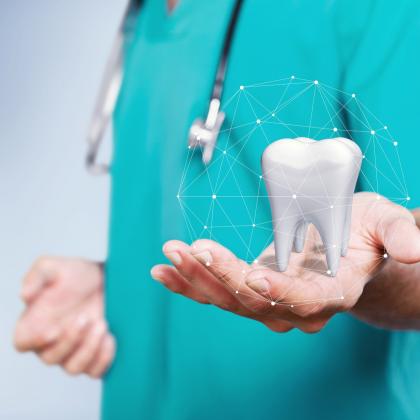
Types, Process, and Costs of Dental Prosthetics
Dental prosthetics is a broad term encompassing everything from crowns and bridgework to dentures and implants. Whether replacing an entire set of teeth or just a fragment, it's essential to understand the options available. Here's what you need to know about the procedures!
read more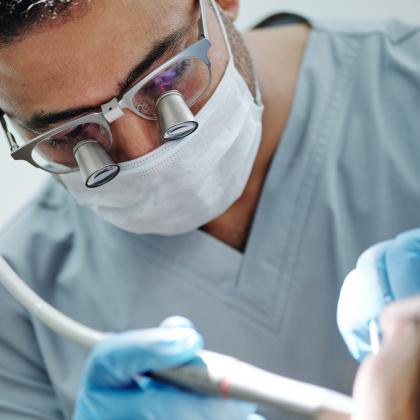
Gingivitis Guide: Causes, Treatment, and Symptoms
Gingivitis can lead to sensitive gums, unpleasant breath, and in advanced cases, even tooth loss. According to some estimates, nine out of ten people in Hungary suffer from acute or chronic inflammation, which cannot be effectively treated at home. Fortunately, with proper periodontal treatment, gingivitis can be effectively managed and serious periodontal diseases can be avoided. Our article answers the most common questions about this condition.
read more
What to Do After a Tooth Extraction? Top 10 Tips in One Article!
Tooth extractions are necessary when other treatments can't save a tooth. According to a 2004 national survey by Semmelweis University's Department of Prosthodontics, the average Hungarian person is missing ten teeth. Hence, most of us are familiar with the discomfort associated with tooth extraction. The oral cavity is particularly sensitive after the procedure. Our article offers guidance on what to do after tooth extraction.
read more
Tartar Formation and Removal: Everything You Need to Know
Did you know that tartar, also known as calculus, is the hardening of dental plaque on the teeth formed by the mineralization of deposits in saliva? It's not just an aesthetic concern—it can also lead to periodontal disease. How does tartar form, and how can it be prevented? Can tartar removal be effectively performed at home? We answer these common questions in our article!
read more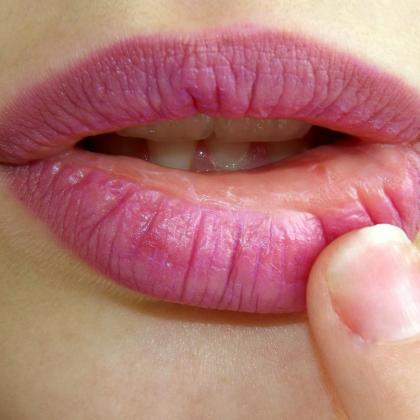
Treating Canker Sores Quickly and Effectively
Canker sores are a common affliction in the oral mucosa, appearing as small but often intensely painful ulcers that can complicate drinking, eating, and speaking. Characterized by a typical yellowish-gray inflammatory halo, in severe cases, they can lead to fever and swollen lymph nodes. Fortunately, canker sore treatment can be swift and pain-free. In this article, we explore both home remedies and professional treatments for canker sores.
read more
Causes and Treatment of Toothache
Toothache can be dull, throbbing, sharp, or even brutal. It may arise from various causes such as tooth decay, tooth fracture, inflammation, or improperly fitted crowns. How can throbbing toothache be alleviated? Is toothache normal after a filling? Which is the best painkiller for toothache? This article answers your most pressing questions!
read more



